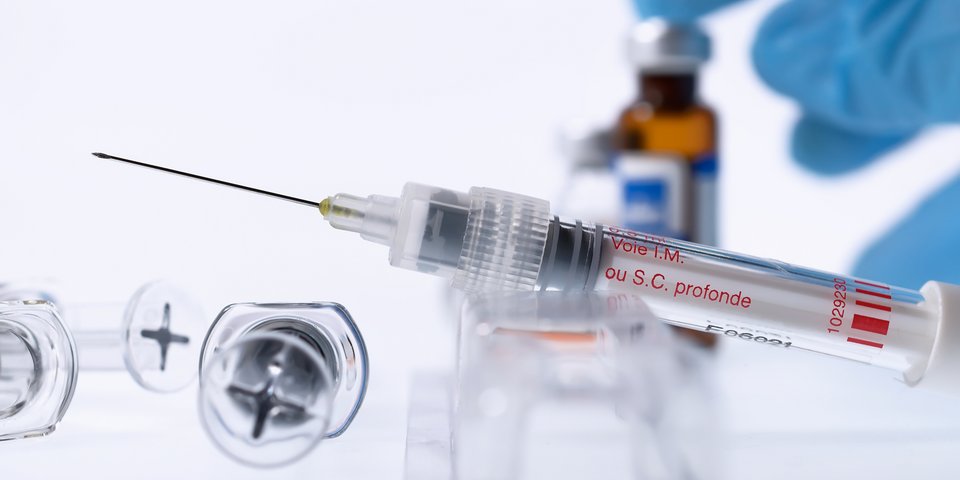 ursule - Fotolia
ursule - FotoliaEU Commission presents vaccination recommendation
Member States should strengthen cooperation in the fight against preventable diseases.
CM/MS – 05/2018
Given the increase in ‘fake news’ and the growing number of vaccine sceptics, the EU Commission has made a number of recommendations on how to strengthen EU-wide cooperation in the fight against preventable diseases.
20 actions against vaccine fatigue
The Commission’s proposal focuses on three action areas:
1. tackling vaccine hesitancy and improving vaccination coverage;
2. sustainable vaccination policies in the EU; and
3. EU-wide coordination and the EU’s contribution to global health.
The Commission’s paper proposes 20 concrete actions to the EU countries, including the establishment of a European vaccination information portal by 2019, which will provide up-to-date evidence on the benefits and safety of vaccines in an objective and transparent manner. It also recommends developing and implementing national and/or regional vaccination plans by 2020, with the aim of vaccinating at least 95% of the population against measles.
The proposal also recommends the creation of an EU data warehouse (virtual repository) with data on vaccine stocks and needs to reduce the risk of supply shortages. The purpose of the warehouse is to facilitate the voluntary exchange of information on available stocks and shortages of key vaccines. Another important point is the proper training of all workers in the healthcare sector, so that they can confidently administer vaccinations and address vaccination scepticism.
Infectious diseases are not confined within national borders
Currently, several EU Member States and neighbouring countries are facing large-scale outbreaks of measles that are preventable. In the last two years, 50 people have died of measles and diphtheria. ‘Infectious diseases are not confined within national borders’, said EU Commissioner for Health and Food Safety, Vytenis Andriukaitis. The proposal for a Recommendation states that there is a risk of poliovirus reintroduction which jeopardizes the EU's current polio-free status.
Vaccination saves lives
According to the Commission, vaccination is one of the most powerful and cost-effective public health prevention measures developed in the 20th century. Vaccination led to the eradication of smallpox and the near elimination of polio. Vaccines save an estimated 1 to 3 million lives worldwide each year. They prevent diseases, prevent disabilities and increase economic and social productivity. The seasonal flu vaccine prevents up to 37,000 deaths in the EU each year. Nevertheless, vaccination coverage in most EU countries is well below the 75% target set for the elderly (Council Recommendation on seasonal influenza vaccination, 2009).
‘Avoidable deaths must not occur in Europe’
In his 2017 State of the Union Address, President Juncker stated that there can be no second-class citizens in a Union of equals. It is unacceptable that in 2017, children still die from diseases that should long have been eradicated in Europe. Avoidable deaths, according to Jean-Claude Juncker, should not exist in Europe. Member States were called upon to increase the vaccination coverage and to ensure that all people in the EU have access to vaccines.
GKV-Spitzenverband takes part in consultation
The proposal for a Recommendation was preceded by a consultation in February 2018, which sought the views of administrations, associations and other organisations as well as EU citizens on strengthened cooperation in the fight against vaccine-preventable diseases. In comments submitted by the GKV-Spitzenverband (National Association of Health Insurance Funds), it stated that the Member States are responsible for tackling vaccination scepticism in their respective countries.
EU Commission information
The proposal for a Recommendation and other information on vaccination are available on the EU Commission’s website.
